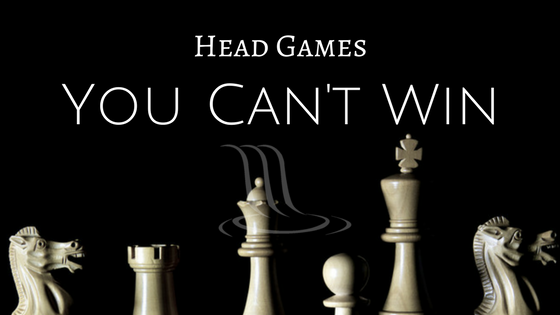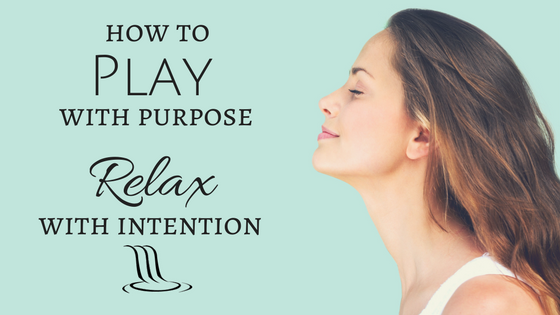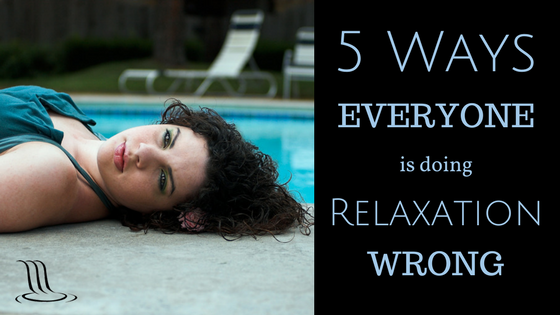
You’re a con artist, do you realize that? You really are. Most people are, it turns out. It’s just that most of us are also our own marks for the con.
It’s not usually an act of malice, so don’t be too hard on yourself. Most of us are too busy marshaling our minds to get through one day and then the next to notice what we’re doing to ourselves. That is, until the abuse we’ve been dishing out to the person in the mirror mounts, and a day (or days) of reckoning come.
This reckoning can come in many forms, too many to list here, but let’s just say the cleanup usually involves professionals–people like defense or divorce attorneys, police, doctors, psychologists, sometimes even massage or physical therapists. You can imagine, then, that these are the kinds of consequences you’d like to avoid.
There are so many ways we torment, lie to, and fool ourselves. But here, we’ll try to list some of the big ones and suggest some ways to get out of the traps your are setting for yourself.
Shortsightedness
Are you just reacting to everything? It can happen to the best of us as we bounce from one activity to another just responding to a stimulus, avoiding pain, or feeding appetites. You rise to avoid being late and getting in trouble at work. Someone cuts you off in traffic and you curse without even thinking. Someone says something snotty to you at work and before you know it, your voice is raised and you’re having violent fantasies. You fix yourself a drink after work to unwind. And then another, etc. Keep that up, and you’ll hurt someone–yourself or someone else.
You live in the body of an animal, true, but you’re also a self-conscious human being. So act like it! Be mindful. Be intentional. Take a moment, maybe first thing in the morning, to set just one important intention for the day.
Maybe some of these questions might help get you started.
- What do you want people to remember about their encounters with you today?
- What can you do today to move towards creating the future you want?
- What are your values, and what’s one thing you can do today to live one of those values?
Not only will you help to avoid some unnecessary anguish for a decision made in the heat of the moment, you’ll be much more likely to end your day not feeling merely sated or amused, but satisfied. Content.
Procrastination
Have you ever thought of procrastination as a lie you tell yourself? The lie is basically this: that if you don’t do it now, maybe–somehow, some way–you won’t ever have to do it at all.
This simple decision–a lie told in the mirror without a second thought–creates a terrible tension in your mind and heart. This tension creates a buzzing in the brain that’s so persistent that you might not even be aware of it, like an annoying sound you learn to tune out. But it’s also so obnoxious that it slowly erodes your sense of self-worth and confidence. And that’s where you pay the price for this one.
There’s a really wonderful children’s book about this called “There’s No Such Thing As A Dragon” by Jack Kent. In the story, a boy wakes up to find a kitten-sized dragon in his room. He tells his parents about it, and the more they deny the dragon exists, the larger it gets. Through each stage of the dragon’s growth, the boy tries to get his parents to believe and pay attention to the dragon to no avail. By the end of the book, it’s carrying away their house on its massive back. When the parents finally acknowledge the dragon is there and the boy pets it, the dragon quickly becomes kitten-sized again. What are your dragons? The more you ignore them, the larger, scarier, and more disruptive they’ll become. Ignore them completely, and you may get burned.
Rationalization
Logic is a frightening tool because it can work so well, but you can also fool yourself with it so easily because, by definition, it makes sense. But check your premises–the assumptions, ideas, and beliefs that inform that logic. Logic works, but it’s only helpful if the information is good. Garbage in, garbage out.
One thing that can be so beneficial about talking regularly to a friend or loved one. There can be great benefit in consulting with a mental health professional. They can help you identify some errors in your thinking, like the ones in this blog, especially when you can’t detect them yourself.
.
Worry
Worry is a primary way you can wear your mind out to exhaustion, and for no good reason! It’s like riding the brakes of your mind. Worry serves a purpose: it’s a feeling generated by an awareness that something is amiss and needs our attention. The best strategy is to try to cope with whatever you’re worrying about by taking some kind of action–or— if that’s not possible, recognizing that what’s wrong can’t be fixed, not right now or not by you, and letting the worry go. True, this is much easier said than done, but it also may not as difficult as you might think.
Jagged pills
You may not consciously intend to play these mind games with yourself. If it’s any consolation, it’s very common. You’re far from alone. But being mindful, embracing your network of social support, and consulting with caring people around you can help you live with intention and balance. This requires some humility. It may be hard to swallow, but you don’t know yourself half as well as you think you do.
So meditate, exercise, learn. Do nice things for yourself like making new friends, getting regular massages, and filling your life with beauty. This isn’t just a nice option–it’s key to avoiding terrible consequences if you don’t act.
The only real way to win these mind games is not to play.
Choose the good life.

Tom Gunn is the blog editor and Marketing Director at The Good Life Massage. You can email him at tomgunn@gmail.com to comment or to get his help developing your brand with content marketing.






